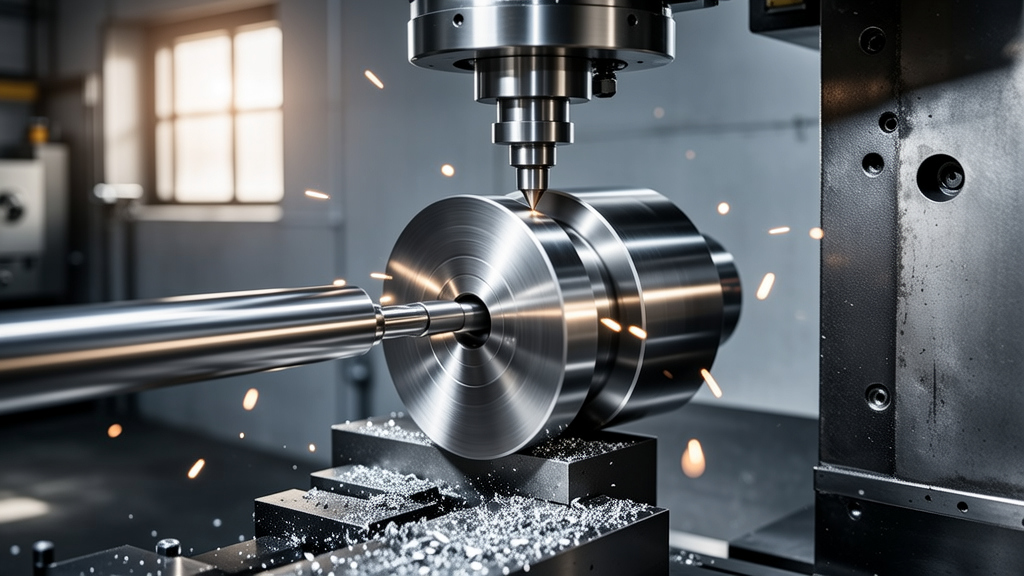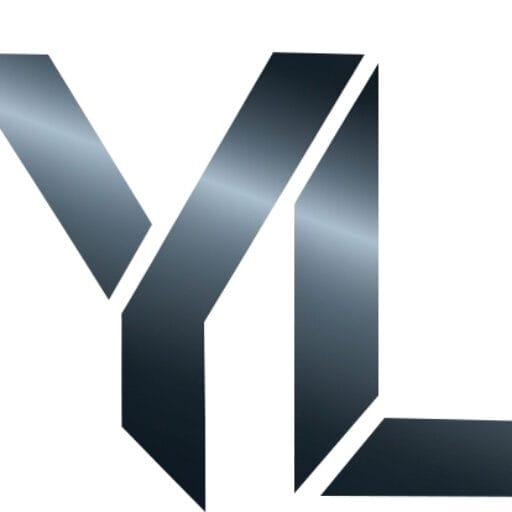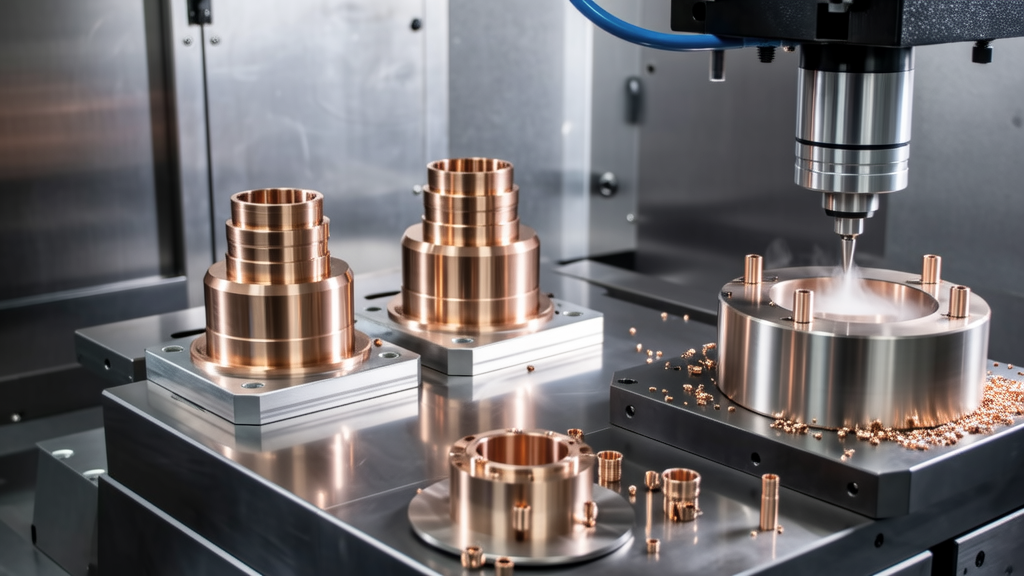First off, you must identify your specific requirements. Are you looking for precision parts, rapid prototyping, or perhaps bulk production? Each of these points requires different machining capabilities. I remember once assisting a friend who was building a custom race car; he needed precise, lightweight components in a hurry. By focusing on suppliers with rapid prototyping capabilities, we quickly narrowed down our options, which saved us time and frustration.
Next, quality control is critical. Always ask potential partners about their quality assurance processes. For example, do they implement ISO standards, or rely on other industry certifications? It’s a good practice to request samples from any potential supplier to assess their work firsthand. When I was sourcing parts for an industrial project, I remembered one manufacturer who sent initial samples; they gave me a clear picture of what I could expect in terms of tolerances and finish.
Another essential aspect is technological capability. You want a partner that is not only using modern equipment but also staying up-to-date with the latest machining technologies. This could include advanced CNC machines or software that enhances precision and efficiency. When evaluating suppliers, consider visiting their facility if possible, to see the technology firsthand.
Cost analysis also plays a pivotal role. Take the time to gather quotes from multiple sources and break down the costs to understand where your money is going. Are there hidden costs in the quotes you receive? For example, while one supplier may have a lower initial quote, they might charge extra for setup fees or revisions. I once encountered this when pursuing a project. A seemingly low-cost quote turned out to be double the expected budget after factoring in these extras.
Risk mitigation strategies should not be overlooked. You can start by establishing clear contracts and expectations upfront. This way, both you and the supplier know what to expect, which can help avoid costly misunderstandings. I’ve learned the hard way that it’s vital to have specifications laid out in writing to refer back to if needed.

Lastly, consider the long-term relationship with your chosen partner. A good CNC machining partner can become an invaluable asset to your business. Look for companies that are open to collaboration, communication, and innovation. For instance, I ended up collaborating with a machining company that not only produced high-quality components but also contributed valuable ideas during the design phase.
Here’s a simple table to summarize key factors to consider:
| Factor | What to Look For | Tips |
|---|---|---|
| Quality Control | ISO Certifications | Request Samples |
| Technology | Latest CNC Equipment | Facility Visit |
| Cost Analysis | Detailed Quotes | Check for Extra Fees |
| Risk Mitigation | Clear Contracts | Document Specifications |
By approaching your search methodically and with an understanding of your needs, you can find the right partner for your CNC machining requirements. If you have any experiences or tips to share, feel free to jump back in and let me know how it went for you!
What should I look for in a stainless steel CNC machining partner?
You should start by identifying your specific requirements, such as whether you need precision parts, rapid prototyping, or bulk production. Each of these needs requires different capabilities, so it’s essential to communicate clearly with potential suppliers.
For example, if you’re building a custom project, like the race car I helped a friend with, going for partners specializing in rapid prototyping can really streamline your options and save you time.

How important is quality control in CNC machining?
Quality control is absolutely critical when choosing a machining partner. Always ask about their quality assurance processes, including certifications like ISO. This can give you peace of mind that they follow strict guidelines to ensure your components meet industry standards.
When I was sourcing parts, I made it a point to request samples from manufacturers before placing larger orders. This step gave me a direct insight into the quality I could expect.
What technology should a good CNC partner have?
Finding a partner with advanced CNC technology is key to ensuring precision and efficiency. You want to look for suppliers that use modern equipment and stay updated with cutting-edge techniques.
Visiting their facility can be really beneficial. I once checked out a machining shop and was impressed by how their latest machines reduced lead times, which ultimately benefited our project timelines.
How can I analyze costs when choosing a CNC partner?
Cost analysis is crucial. Gather quotes from multiple suppliers and break down what each one includes. Be cautious of hidden fees in the quotes; some companies might have lower initial prices but charge extra for setups or revisions.
I learned this the hard way on a project where one company changed the terms after the initial quote, which significantly impacted the budget.Be sure to clarify all aspects of pricing first.
What risks should I consider when working with CNC partners?
To mitigate risks, establish clear contracts and expectations from the start. It’s important that both you and the supplier understand the requirements. Proper documentation can help in avoiding misunderstandings later on.
In one of my projects, having everything documented saved me a lot of headaches when there were deviations in expectations. So it’s worth spending time on this upfront.



